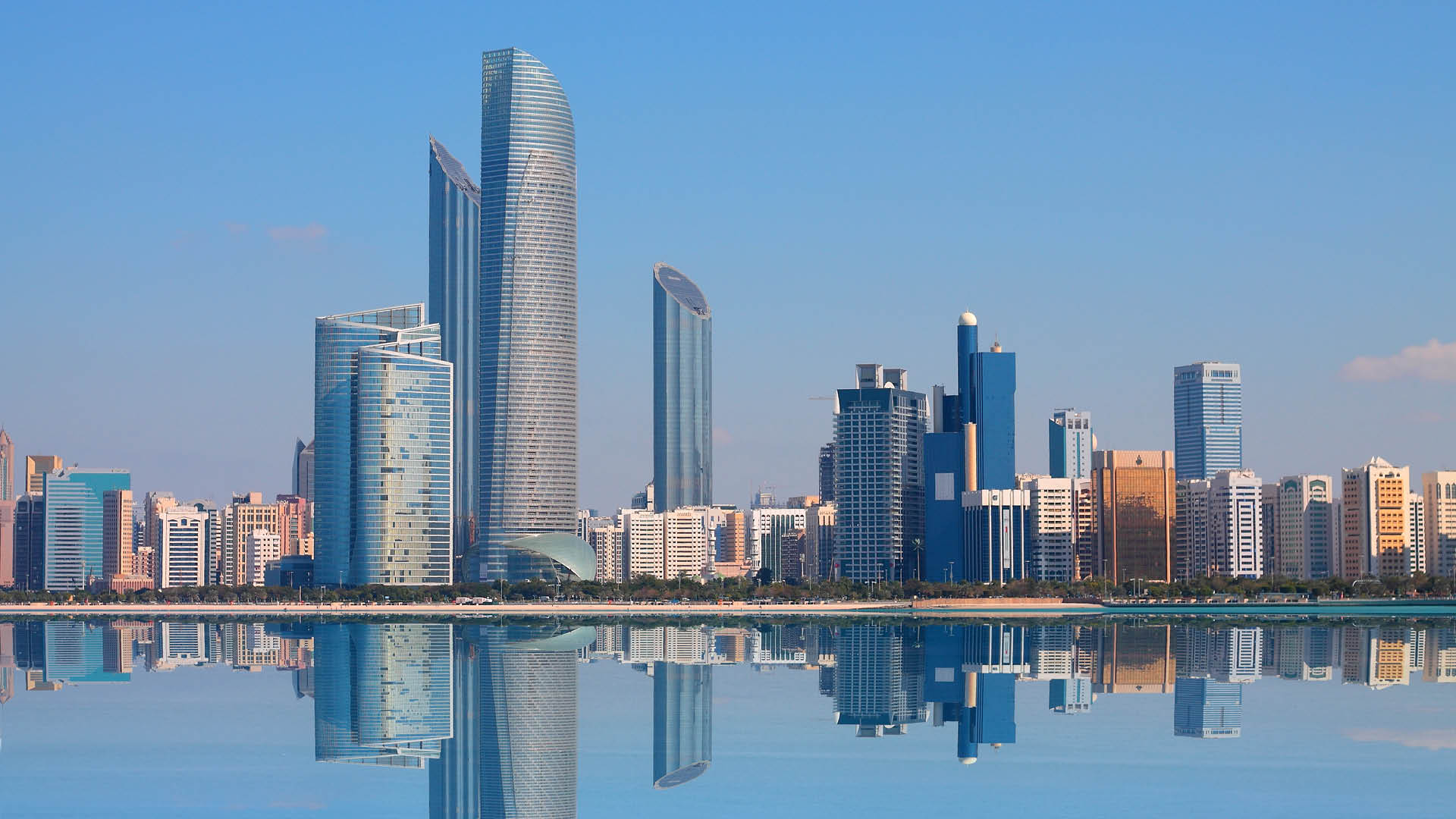The concept of “without prejudice” (WP) is well-established in common law jurisdictions and protects statements, offers, or admissions made during settlement negotiations from being used as evidence in court if the negotiations fail. This rule allows parties to communicate openly and attempt to settle disputes without fear that what they say or propose will be held against them later in a formal proceeding. It promotes honest discussion by ensuring that anything labeled "without prejudice" is confidential and cannot prejudice either party's case if the matter proceeds to litigation (except on the issue of costs).
Whilst the concept is upheld in the DIFC and ADGM (both common law jurisdictions), the onshore UAE courts have traditionally not recognized WP privilege and parties engaged in a dispute have been reluctant rely on its protection for the fear of disclosure in open proceedings. Instead, confidentiality is addressed in more formal contexts, such as attorney-client privilege or specific statutory protections for mediation processes. However, a recent Dubai Court of Cassation judgment issued on 22 October 2024 suggests a potential shift towards recognising WP privilege.
Case No. 486/2024
In this case, the Dubai Court of Cassation ruled that statements made during unsuccessful settlement negotiations could not be admitted as evidence, aligning with the core philosophy of the WP concept. The court reasoned that statements made during the settlement discussions, which failed to culminate in a formal agreement, could not be taken as admissions or held against the party who made them. This is in our view a notable development as it reflects a judicial inclination to protect the integrity of settlement discussions.
The judgment is potentially significant for several reasons:
- Encouragement of Settlements: By protecting statements made in settlement discussions, the court is helping promote a culture of amicable resolution and negotiation. This also aligns with broader goals within the UAE legal system to reduce litigation and promote alternative dispute resolution (ADR) mechanisms.
- Reduces the Risk of Strategic Litigation Tactics: By recognizing the confidentiality of settlement communications, this judgment discourages parties from using strategic or bad-faith tactics in litigation. Without a clear “without prejudice” protection, there has always been a risk in the UAE that one party might attempt to introduce statements or concessions made in settlement discussions to gain an advantage in court. By ruling that statements made in settlement negotiations are inadmissible, the court is setting a tone that discourages such tactics, fostering a more ethical and fair approach to dispute resolution.
- Strengthens Judicial Efficiency and Case Management: This judgment supports judicial efficiency by encouraging settlement and discouraging protracted litigation. When parties know that settlement negotiations will be protected, they may be more willing to engage in productive discussions early in the dispute process. This can lead to quicker out-of-court resolutions, which helps in turn to reduce the courts' caseloads and allows judges to focus on cases that require genuine judicial intervention. Over time, this shift could contribute to cases being processed quicker and a more streamlined judicial system, enhancing the UAE’s reputation for efficient dispute resolution.
- Alignment with International Norms: The UAE has increasingly aligned its legal system with international standards, particularly in commercial disputes, to attract foreign investment. Recognizing the WP concept (or something akin to it) will further establish the onshore courts reputation as an attractive and sophisticated jurisdiction for international businesses, as parties feel more assured that settlement discussions will not prejudice them if negotiations fail.
Looking Ahead
Whilst this is not a binding precedent and the concept of Without Prejudice is not likely to be codified in UAE law any time soon, the Dubai Court of Cassation’s approach does indicate an emerging recognition of WP privilege within the UAE onshore courts which could pave the way for more consistent application of WP-like protections in discussions concerning the settlement of onshore disputes.
As the UAE economy continues to grow and attract foreign investment, this shift could enhance the appeal of the Dubai Court as a forum for fair and flexible commercial dispute resolution. However, until WP is fully formalized, parties should exercise caution and consult legal counsel to navigate the nuances of confidentiality in UAE legal proceedings.
Seek Advice
The UAE courts retain significant discretions and will continue to decide matters of this nature on a case-by-case basis. Accordingly, seeking advice on structuring settlement discussions in ways that maximise confidentiality is very important. Documenting these attempts carefully and, where possible, engaging in formal alternative dispute resolution processes (such as mediation) can further safeguard confidentiality. If you therefore have any concerns as to how to proceed when engaging in settlement discussions or wish to discuss strategies for early dispute resolution, please do not hesitate to contact us.





